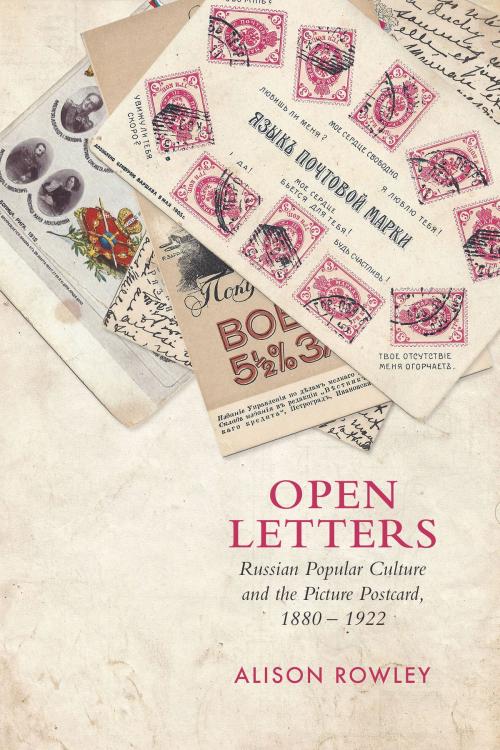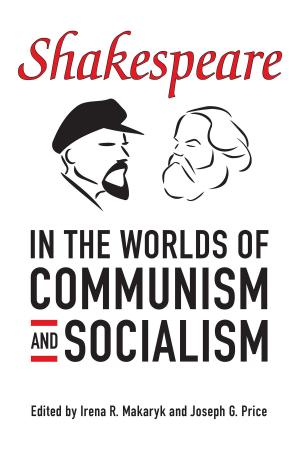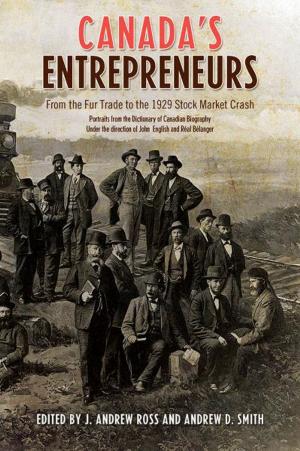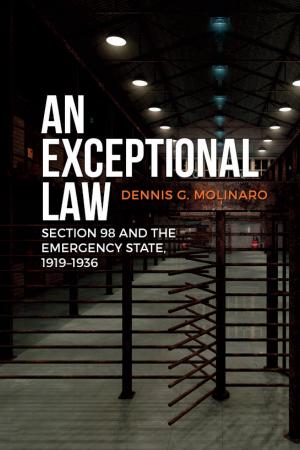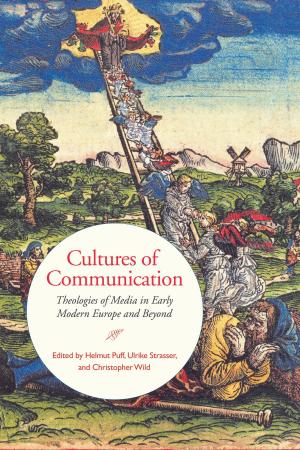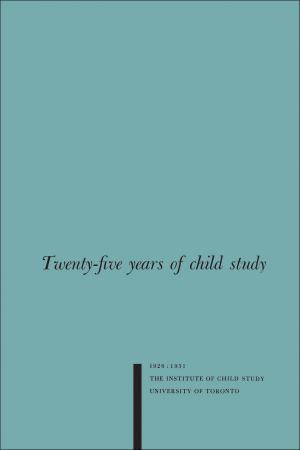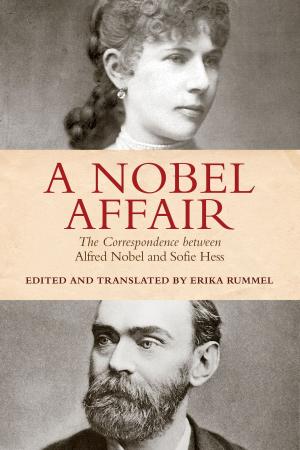Open Letters
Russian Popular Culture and the Picture Postcard 1880-1922
Nonfiction, Home & Garden, Antiques & Collectibles, Postcards, History, Eastern Europe, Asian, Russia| Author: | Alison Rowley | ISBN: | 9781442667167 |
| Publisher: | University of Toronto Press, Scholarly Publishing Division | Publication: | December 11, 2013 |
| Imprint: | Language: | English |
| Author: | Alison Rowley |
| ISBN: | 9781442667167 |
| Publisher: | University of Toronto Press, Scholarly Publishing Division |
| Publication: | December 11, 2013 |
| Imprint: | |
| Language: | English |
During the fin-de-siècle and early revolutionary eras, picture postcards were an important medium of communication for Russians of all backgrounds. In Open Letters, the most comprehensive study of Russian picture postcards to date, Alison Rowley uses this medium to explore a variety of aspects of Russian popular culture. The book is lavishly illustrated with more than 130 images, most of which have never been published before.
Through her examinations of postcards, Rowley addresses a diverse range of topics: how landscape postcards conveyed notions of imperialism; the role of postcards in the rise of celebrity culture; depictions of the body on erotic and pornographic postcards; how postcards were employed to promote differing interpretations of the First World War; and the use of postcards by revolutionary groups seeking to overthrow the Tsarist government. Rowley determines the extent to which Russia was embedded in Europe-wide cultural trends by situating the Russian case within a larger European context.
During the fin-de-siècle and early revolutionary eras, picture postcards were an important medium of communication for Russians of all backgrounds. In Open Letters, the most comprehensive study of Russian picture postcards to date, Alison Rowley uses this medium to explore a variety of aspects of Russian popular culture. The book is lavishly illustrated with more than 130 images, most of which have never been published before.
Through her examinations of postcards, Rowley addresses a diverse range of topics: how landscape postcards conveyed notions of imperialism; the role of postcards in the rise of celebrity culture; depictions of the body on erotic and pornographic postcards; how postcards were employed to promote differing interpretations of the First World War; and the use of postcards by revolutionary groups seeking to overthrow the Tsarist government. Rowley determines the extent to which Russia was embedded in Europe-wide cultural trends by situating the Russian case within a larger European context.
